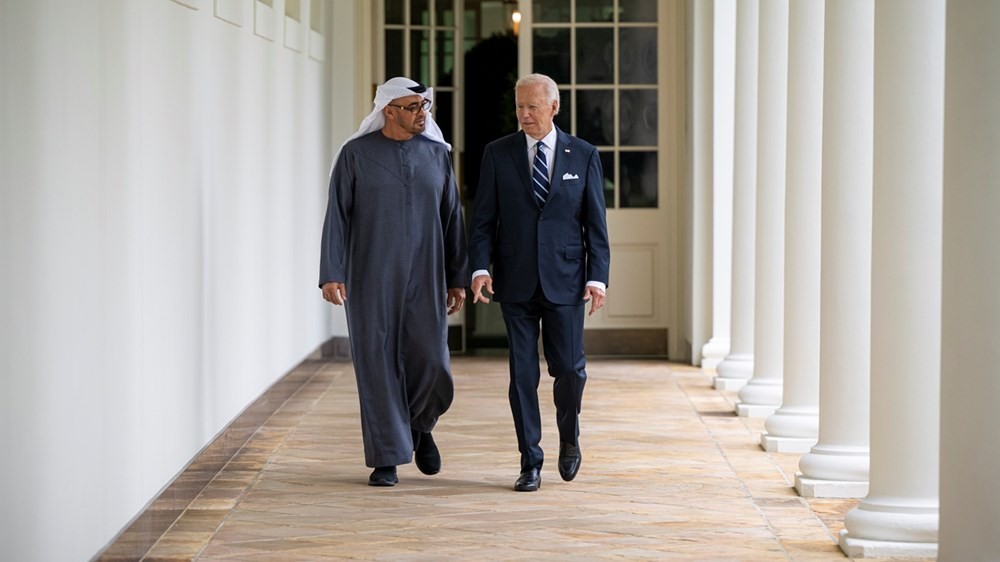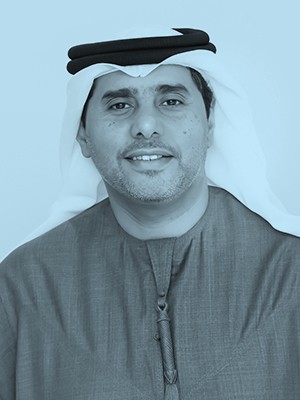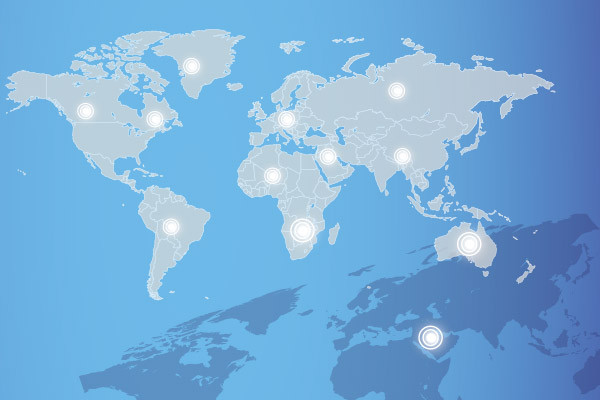UAE-US Relations: The Road to Quincy II
The Quincy Pact (1945) established US-Gulf relations based on "oil for security." With US energy independence reducing Gulf oil`s importance, Gulf states like the UAE are shifting to economic diversification and global partnerships. H.H. Sheikh Mohamed Bin Zayed`s visit to Washington suggests a potential "Quincy II" pact, prioritizing geoeconomics and AI as the new "oil" in a redefined US-Gulf relationship.

- by Mohammed Abdul Rahman Baharoon ,
- Tuesday, 24th September, 2024
The basis of US Gulf relations, and to a great extent US economic leverage, is rooted in the Quincy Pact signed on February 14, 1945, onboard USS-Quincy (CA-71) in the Bitter Lakes between King Abdul Aziz Bin Saud, the Founding King of Saudi Arabia, and President Franklin Roosevelt.
The Quincy Pact, which became the foundation of the US-Saudi Arabia, and by extension influenced US relations with all Gulf states, was based on the simple covenant of “Oil for Security”. The agreement established the long-standing US security umbrella in the region, which was evident during the Cold War, and was manifested in actions such as the liberation of Kuwait in 1991. Moreover, the oil-for-security covenant also reinforced the dominance of the US Dollar, which banked on the huge demand on gulf oil and pegging all its transactions exclusively to the US Dollar. This has freed the dollar from the Gold Standard System that establishes the value of any national currency.
However, the US strategy for energy independence, initiated during President Barack Obama’s administration, reduced the critical importance of Gulf oil to US national security, thereby affecting the perceived need to offer security guarantee to Gulf states.
The diminishing value of Gulf oil to the US and the increased demand from emerging Asian economies, spurred a number of strategies for “life after-oil”, which focused on economic diversification. Those strategies were based on concepts of global connectivity and knowledge economy which required a foreign policy that does not align with traditional political polarities. Many have seen this a policy in line with “multi-polarity” discourse, where GCC countries started to “hedge” their relationship with the west with new power centers like China, Russia or even India; countries that were counter or non-aligned with the US during the Cold War. However, countries like the UAE are envisioning an ‘A-Polar’ world order rather than a multipolar order.
This perspective, driven by the changes in the geoeconomic realities, will require a new thinking and possibly a “Qunicy II” Pact to deal with the new realities of both countries and the world around them.
The visit of H.H. Sheikh Mohamed Bin Zayed to Washington D.C. could be a step in that direction; an effort to lay down a new foundation for the US relationship with the region that is based on a network of economic partnerships rather than on political polarity. A new pact that will reposition the US, and its importance, in the region and globally based on a new equation.
A milestone of such a change is the partnership between companies like G42 and tech giants like Microsoft, Nvidia, Samsung and TSMC, forming alliances to those established in the oil sector with the US in the 1950s. . AI is possibly going to be the new Oil that is essential to all aspects of our life in the same way energy from oil was.
Prioritizing geoeconomics over geopolitics will also be a clear sign that the strategic partnership will not take the shape of a security alliance but rather an economic partnership that will not be regional in nature but will address global challenges ranging from climate change to food and health security, and even extend to the realm of space exploration.
The Gulf countries, including the UAE, may be on the path to redefining their relationship with the US in the form of a “Quincy II” pact. In doing so, the US could also rediscover a new role for itself in an ‘A-Polar’ world order.
This article was originally written in Arabic and published on the ECSSR's Mufakiru Al Emarat platform.

Mohammed Abdul Rahman Baharoon
Director General
Read More
Areas of Expertise
- Geo-strategy
- Reputation and soft power
- Public Policy and International Relations
Education
- Master’s degree in English Literature from Texas Tech University in 1995
- English Major from Kuwait University in 1987
Bio
He perused a career in media as a reporter for “Al Arabi” Magazine, Al Ittihad newspaper, and then Editor for Gulf Defense Magazine before starting as director of research at both and focusing on the interplay between Geostrategy and policymaking in governance, stability, capacity building, and future-proofing.
Mohammed has also worked as Deputy Director of Watani (UAE’s first initiative on National Identity) and is also a founding member of the board of “Bussola Institute” a think tank in Brussels that focuses on the changing and emerging aspects of the partnership between the EU and the GCC member states.
As part of his interest in the emerging geostrategic space of the Arabian Peninsula, Mohammed looks at Iran as part of the development of the area as a major trade artery. This development implies developing a sustainable relationship with its regional neighborhood on the Arabian Gulf, The Arabian Sea, the Red Sea, or the Mediterranean. Iran is a major component of that space and becoming more adaptable to the modernization process will allow it to become part of the future development of the region.

